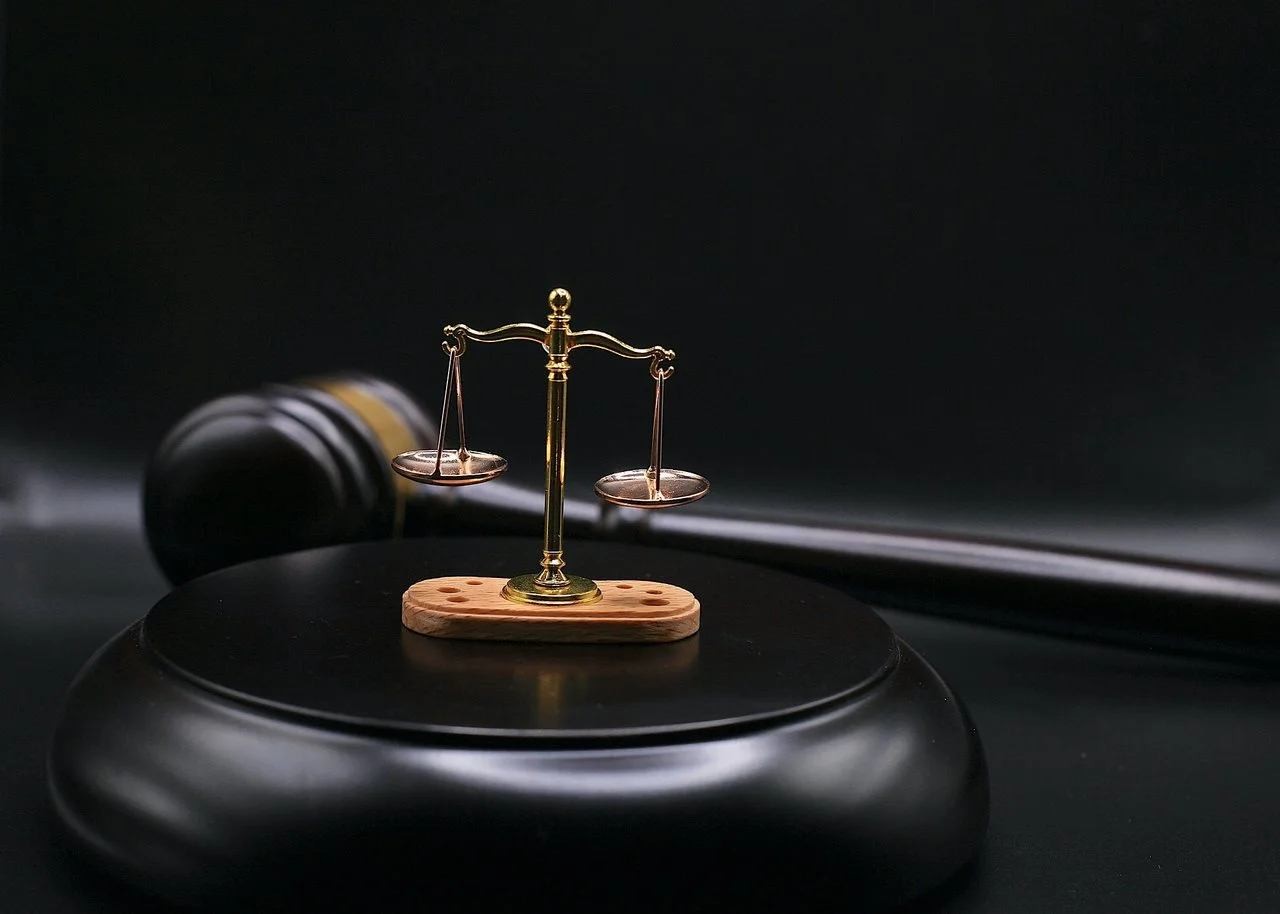Ensuring Stability: Understanding Guardianship Laws for Minors in Pennsylvania

Guardianship laws for minors in Pennsylvania play a crucial role in ensuring the well-being and protection of children in challenging circumstances. Whether due to the incapacity of parents or unforeseen events, establishing guardianship provides a legal framework to safeguard the interests of minors and ensure their physical, emotional, and financial needs are met.
Key Aspects of Guardianship for Minors in Pennsylvania
Legal Authority
A guardian is appointed by the court to assume legal responsibility for a minor child, including making decisions regarding their care, upbringing, and assets. Guardianship grants the authority to make important decisions on behalf of the child, such as educational choices, medical care, and financial management.
Types of Guardianship
Pennsylvania recognizes two primary types of guardianship for minors:
- Guardianship of the Person: This type of guardianship involves making decisions related to the child’s personal welfare, including their physical care, education, and medical treatment.
- Guardianship of the Estate: Guardianship of the estate pertains to managing the child’s financial affairs, including assets, income, and investments, until they reach the age of majority.
Appointment Process
The process of appointing a guardian for a minor in Pennsylvania typically begins with a petition filed in the Orphans’ Court Division of the county where the child resides. The court will consider factors such as the child’s best interests, the suitability of the proposed guardian, and any preferences expressed by the child if they are of sufficient age and maturity.
Requirements for Guardians
Guardians are held to a high standard of care and fiduciary duty, requiring them to act in the child’s best interests at all times. Guardians must be of legal age, mentally competent, and capable of fulfilling their duties responsibly. Additionally, guardians may be required to undergo background checks and provide documentation to verify their suitability for the role.
Termination of Guardianship
Guardianship for minors in Pennsylvania may be terminated under certain circumstances, such as when the child reaches the age of majority (18 years old), the guardian becomes incapacitated or unfit to serve, or there is a significant change in circumstances warranting modification or termination of the guardianship arrangement.
Ensuring the Best Interests of Children
Establishing guardianship for minors in Pennsylvania is a critical step in ensuring the safety, stability, and well-being of vulnerable children. By appointing responsible guardians and providing clear guidelines for decision-making and oversight, the legal system aims to protect the interests of minors and promote their healthy development.
Conclusion
Navigating the complexities of guardianship laws and proceedings can be daunting, but seeking guidance from experienced legal professionals specializing in estate planning and family law can provide invaluable support and expertise. Whether you’re considering petitioning for guardianship or need assistance navigating guardianship proceedings, consulting with a knowledgeable attorney can help ensure that the best interests of the child remain paramount throughout the process.